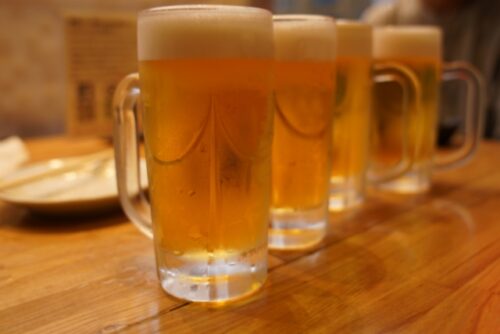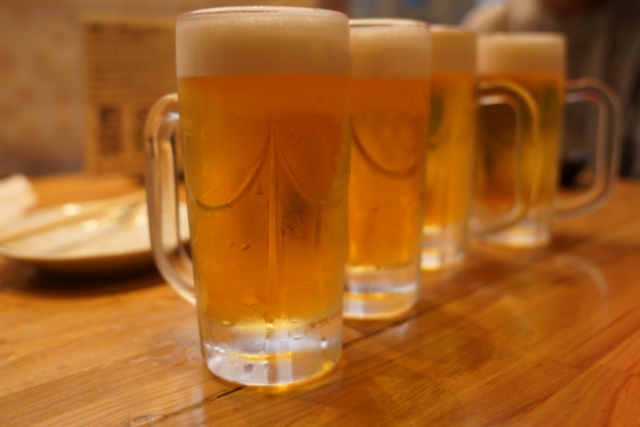
国税庁の若者を対象にした、「日本産酒類の発展・振興を考えるビジネスコンテスト~サケビバ!~」についてBBC, CNN 揃って記事にしています。
見出しは、
Japan urges its young people to drink more to boost economy (BBC)
Japan wants young people to drink more alcohol (CNN)
若者は親の世代に比べてアルコールを飲まないので酒税収入が少なく、国税庁はこの傾向を変えるために全国規模のコンペを企画しました。
The younger generation drinks less alcohol than their parents – a move that has hit taxes from beverages like sake (rice wine). So the national tax agency has stepped in with a national competition to come up with ideas to reverse the trend. (BBC)
CNNは酒税収入が減っている状態を以下のように表現しています。
The Japanese government has been hit in the pocket by an unusual problem — its young people aren’t drinking enough.
厚生省は過去に飲み過ぎの危険性を警告しています。また去年のウェブサイトでは、過度なアルコール消費を「主要な社会問題」とし、不健康な飲酒の習慣がある人にアルコールとの関係を「再考」するように促していました。
Japan’s Health Ministry has in the past warned of the dangers of excessive drinking. In a post on its website last year, it called excessive alcohol consumption a “major social problem” that persisted despite a recent slowdown in consumption. And it urged people with unhealthy drinking habits to “reconsider” their relationship with alcohol. (CNN)
↑これが普通の考え方。それを国が率先して若者に飲酒させようとするのはなにかおかしい、とCNNもBBCも思っているのでしょう。(あくまでも in my opinion)
酒税収入は減り、ジャパンタイムズ誌によると、1980年は全体の5%だったのに対し、2020年はたったの1.7%です。
Tax revenue from taxes on alcohol has also shrunk over the years. According to The Japan Times newspaper, it made up 5% of total revenue in 1980, but in 2020 amounts to just 1.7%. (BBC)
BBCは酒税だけでなく、日本の高齢化も心配してくれています。(ちょっと大きなお世話な感じ)
The World Bank estimates that nearly a third (29%) of Japan’s population is aged 65 and older – the highest proportion in the world. Concerns about the future of sake is not the only problem that poses for Japan’s economy – there are worries about the supply of younger staff for certain types of jobs and care for the elderly in the future. (BBC)
ワタクシは、酒税に関しましては国税庁にかなり貢献しております。




コメント